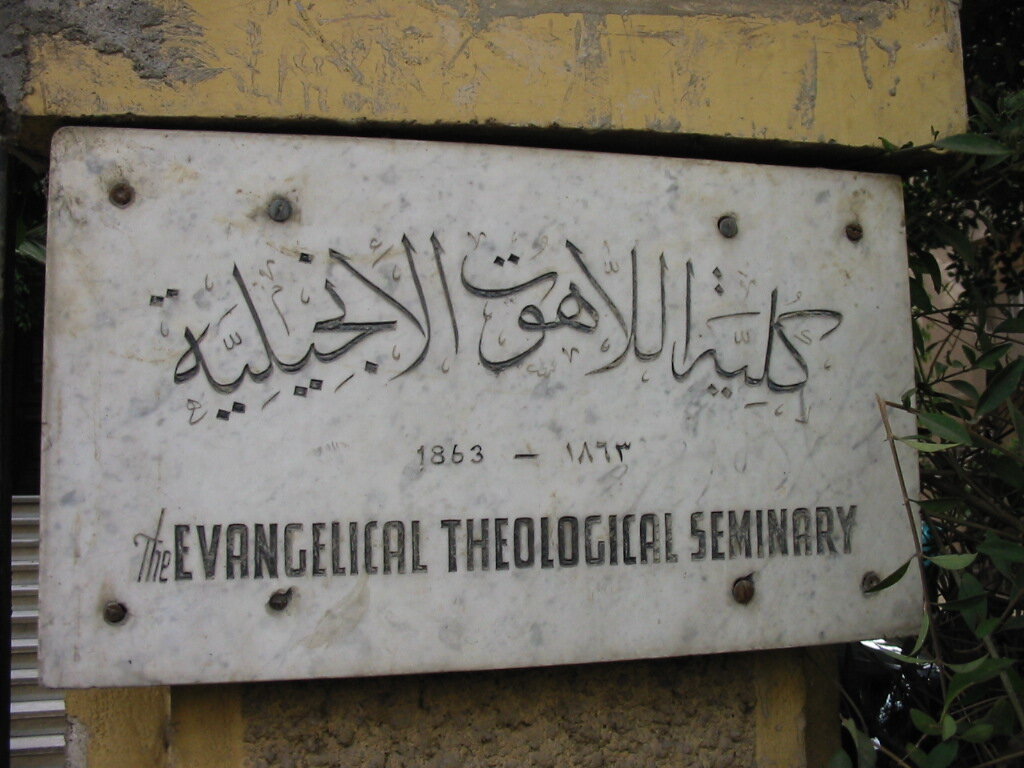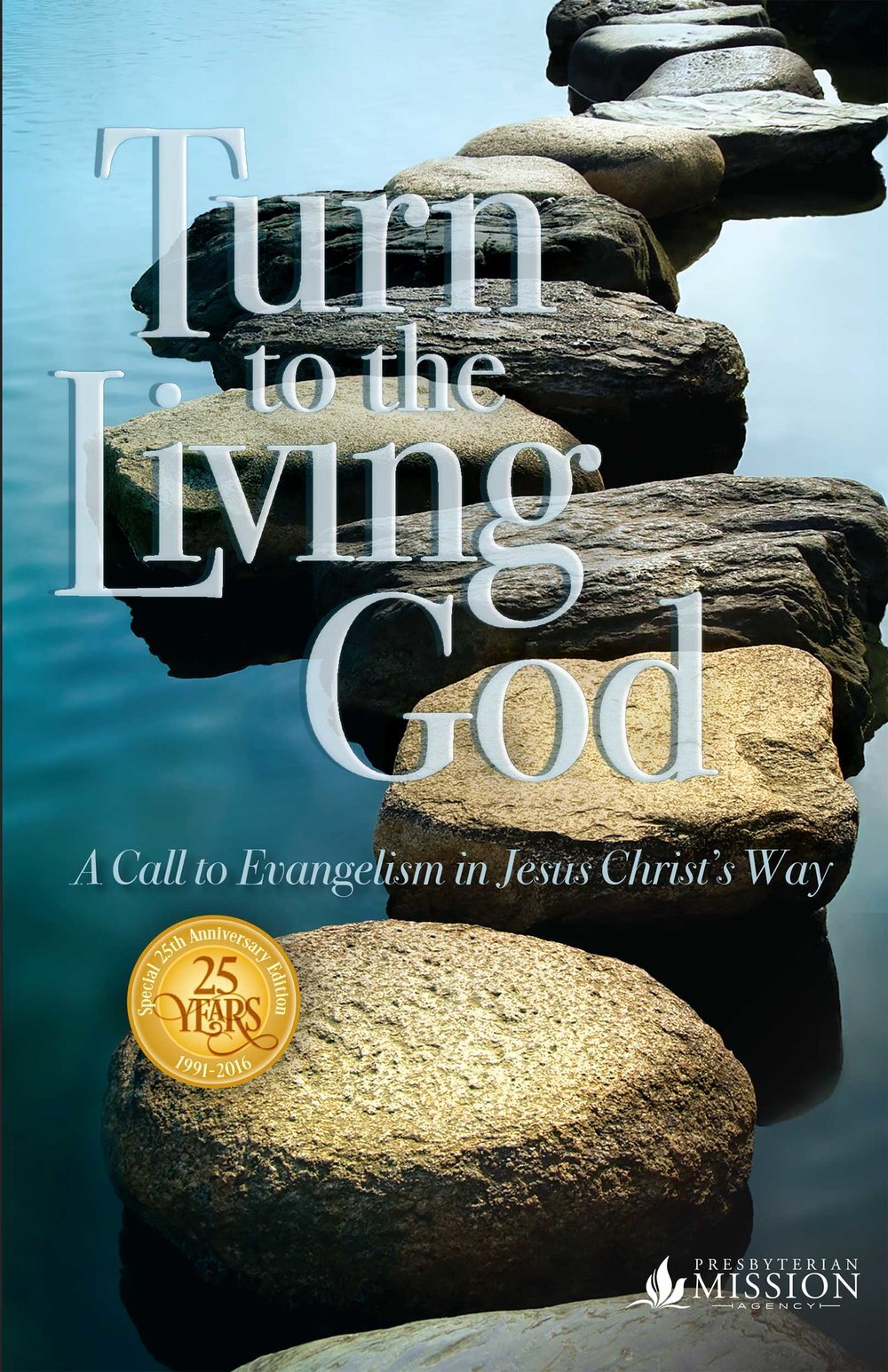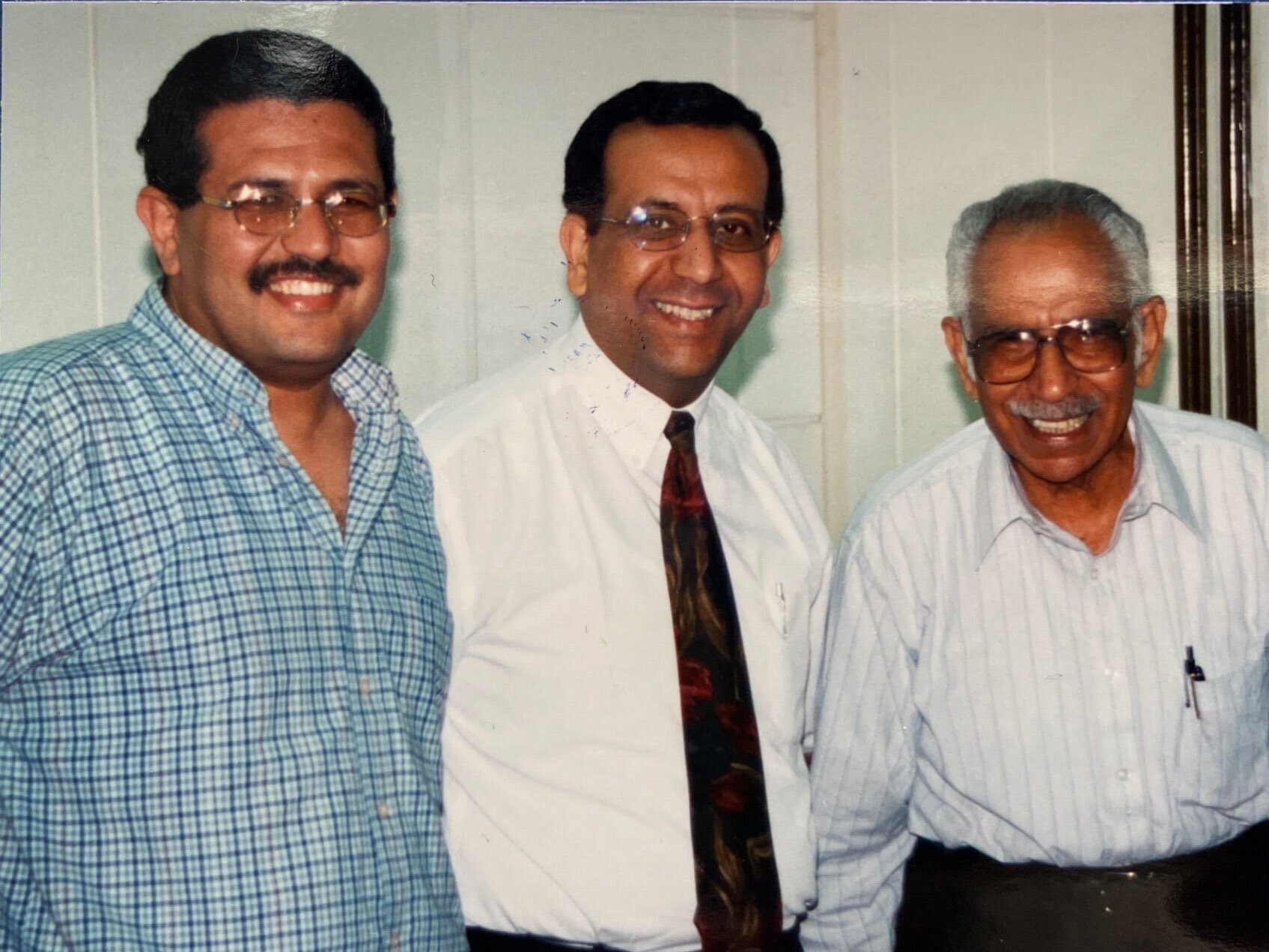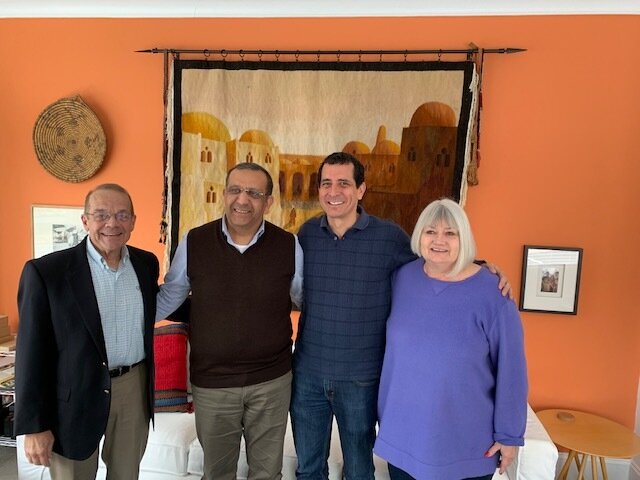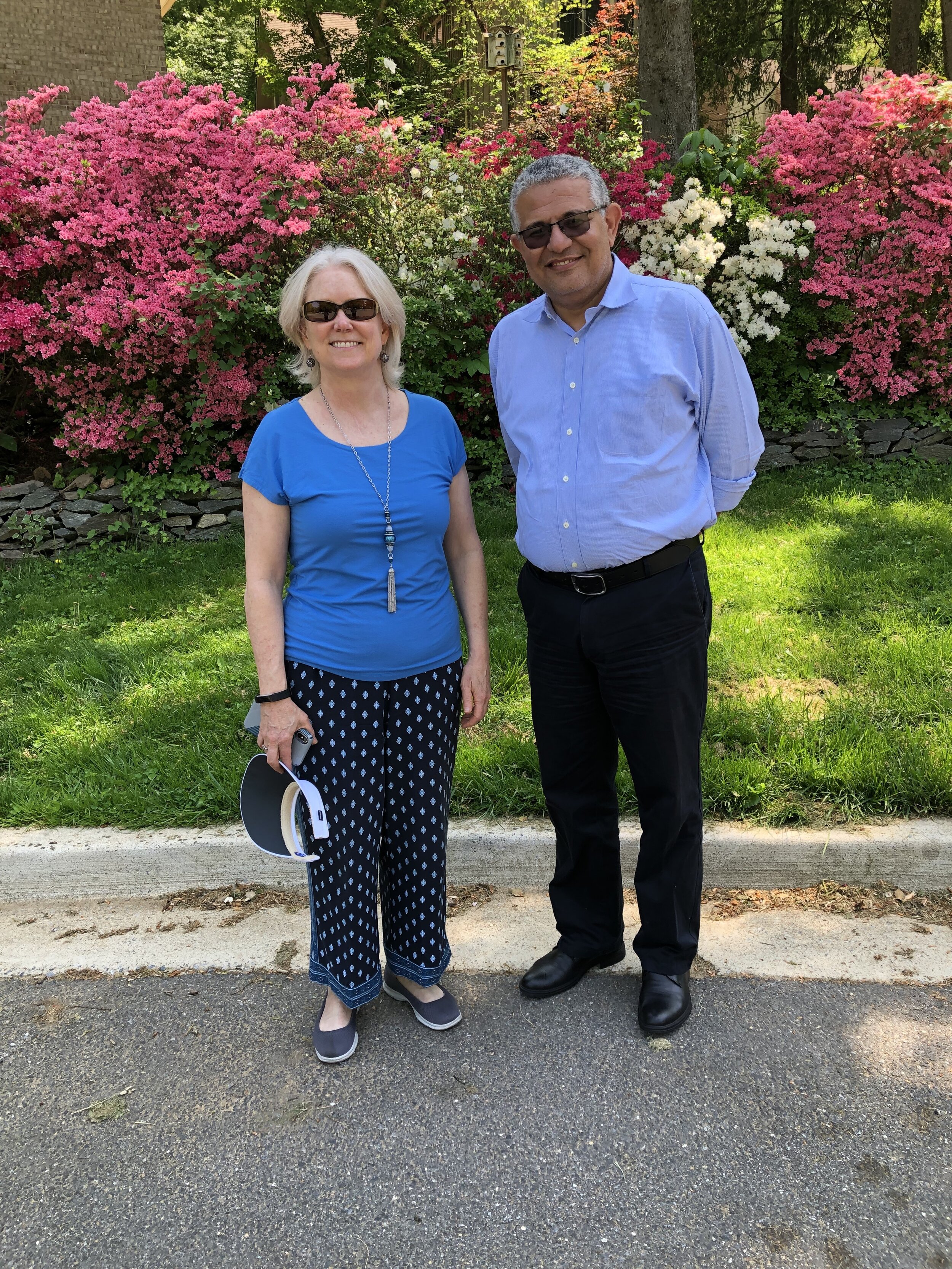Egypt as Case Study of the Missiology and Mission Practice of The Outreach Foundation
INSTALLMENT 18 OF THE HISTORY OF THE OUTREACH FOUNDATION IN EGYPT
by Jeff Ritchie
The history of The Outreach Foundation in Egypt is primarily a story about the Evangelical Presbyterian Church in Egypt and how it has developed a vision for mission and evangelism from a “mustard seed” at the Evangelical Theological Seminary in Cairo in 1999 to the present explosion of new churches, churches undergoing revitalization, and mission beyond Egypt. There are many other aspects of this story that can be told. The final chapter of this history, however, will focus on how our mission in Egypt reflects some of the foundational mission convictions of The Outreach Foundation and how we have acted on those convictions in one part of the world over time.
Continuity with Our Presbyterian mission heritage: The work of The Outreach Foundation in Egypt has been built on more than 150 years of Presbyterian mission in Egypt. It was that long history which led the National Organization of Presbyterian Men to go to Egypt in 1991. Outreach Trustee Dick LeTourneau went to Egypt with that group of Presbyterian Men because of his commitment to the historic denominational mission of the PCUSA. The inspiration he took back to The Outreach Foundation for a possible mission in Egypt arose out of the same belief that led to the formation of The Outreach Foundation in 1979: we were founded to renew a passion for mission in the Presbyterian Church and its global partners.
Part of a Global Evangelistic Movement: Another impetus that led to our decision to go to Egypt was a global network of churches and mission agencies called the AD 2000 and Beyond Movement. This movement birthed in 1989 with the aspirational goal of sharing the good news of Jesus Christ with all the peoples of the world by the year 2000, God willing. The PCUSA Office of International Evangelism, where I served from 1989-1997, was involved with this movement from the beginning. As part of our commitment to global evangelism, we produced a major document on evangelism, “Turn to the Living God: A Call to Evangelism in Jesus Christ’s Way.” We also worked closely with two evangelistic mission organizations with whom we had a covenant of mutual support and accountability, Presbyterian Frontier Fellowship and The Outreach Foundation. Together, we actively mobilized Presbyterians for intentional cross-cultural evangelism and mission, particularly among those who had the least access to a thriving church in their own culture.
First Presbyterian Church of Colorado Springs, one of the largest churches in the PCUSA, was already involved with the AD 2000 Movement, and it also was a strong partner of The Outreach Foundation. Through this congregation I learned about “Pray through the Window,” a prayer movement connected with the AD 2000 and Beyond Movement. In 1995, the prayer movement focused on key cities of the world which they termed “gateway cities.” A gateway city was a large city which exerted a major political, social, and cultural impact on the region surrounding it. The gateway cities for which prayer was solicited were also cities where the Christian population was tiny by comparison with the adherents of other religions. Egypt was one of these “Gateway Cities,” and the mission team of First Presbyterian Church of Colorado Springs was led to pray for it throughout 1995. Cairo was 90% Muslim; it was the home Al Azhar University, the intellectual center of Islam; and it was the place where many Arabic-language television programs shown throughout the Middle East were produced, and thus was the popular cultural center of the region.
I was inspired to see a church so intentionally focused on the least-evangelized peoples of the world that they spent a whole year praying for one city before undertaking any mission there. By then World Mission was in conversation with the Cairo Seminary about The Outreach Foundation’s overture to fund a mission professor. Now a congregation connected with The Outreach Foundation was praying for Cairo. Could a renewal of mission and evangelism at the Cairo Seminary be part of the Holy Spirit’s plan to ignite a Christian movement for the people of the Middle East? Cairo indeed seemed to be strategic for the purposes of God in the Middle East.
First Presbyterian Church’s prayers for Cairo led them to take a short-term “listening trip” to Egypt in 1996 followed by a short-term mission trip in 1998. By the time that they took their next trip to Egypt, I had joined the Outreach Foundation. The senior pastor of the church, the Rev. Dr. John Stevens, who was also a Trustee of The Outreach Foundation, invited me to join that trip which he was leading (see chapter 2 above). It was the open door which we needed to take the next step towards a partnership with the Evangelical Theological Seminary in Cairo.
Distinctive Focus: Building Capacity for the Church’s Evangelism and Mission: The Outreach Foundation began its mission in Egypt with the same commitment which led the initial Presbyterian missionaries to go there in the 1850s. They had gone to Egypt to work with the Coptic Orthodox Church to renew its vision for witness to the Muslim majority in the land. As described in Chapter 1, the missionaries did not accomplish their purpose, but they did succeed in bringing into being the Evangelical Presbyterian Church of Egypt. It was that church to which we went in 1999.
Up until that time First Presbyterian Church of Colorado Springs had been exploring the Christian movement in Egypt primarily through individual congregations or para-church mission organizations. On the 1999 trip we met wonderful people with a heart for mission in para-church ministries such as AWEMA (Arab World Evangelical Ministers Association) and in the vibrant Kasr El Dobara Church. The Outreach Foundation’s desire, however, was to work, if possible, with the whole of the Presbyterian Church in Egypt. Our hope was to contribute what we could to build the capacity of the Synod of the Nile for witness and service in Jesus’ name. The Evangelical Theological Seminary in Cairo seemed the most strategic place to impact the church, and we were gratified that they welcomed our proposal to support the training of a professor of mission and evangelism. We were grateful also to First Presbyterian Church, both for its invitation to join their “Cairo Connection” and to see it enlarged to include our mission at the Cairo Seminary.
“The Right People on the Bus”: In the book Good to Great, author Jim Collins documents that companies succeed or fail by who their leaders are and where they are placed in the company. The language Collins uses is “Who are the people on our ‘bus,’ and are they in the right seats on the bus?” God indeed brought the right leaders to the Cairo Seminary at the right time in the early years of the 21st century: Dr. Atef Gendy, Dr. Swailem Hennein, Dr. Tharwat Wahba, and Dr. Sherif Salah. Their vision has guided our partnership through the years.
Dr. Atef had been nurtured in his faith and practice as a young man as a member of one of the leading churches in Egypt and through his involvement in the International Fellowship of Evangelical Students. When he became President of the Cairo Seminary, Dr. Atef wisely invited Dr. Swailem Hennein, universally admired by the Egyptian Church for his mission work in Sudan and Kenya, to guide the development of the fledgling Mission Department. Together they nurtured two students at the Seminary who showed promise for future leadership in mission, Tharwat Wahba and Sherif Salah. Both Tharwat and Sherif did doctoral studies following which they took over the leadership of the Mission Department at the Seminary. The effect of having these key leaders at the Seminary was nothing less than the missional renewal of the Evangelical Presbyterian Church of Egypt.
In a statement that shows the humility of these leaders, Dr. Atef wrote the following tribute to The Outreach Foundation in an email to me in 2020:
I personally owe you and TOF a lot due to the support you have given me from the beginning of my leadership of ETSC and until now! I don’t really know how you put such trust in me, in spite of not knowing me enough at that time [2000]. Nothing was promising or encouraging then. It was such a risk, close to gambling, that you invested a lot of time, effort and money in a vision of a young and new leader who had not proven himself and in a seminary that was in its worst time of its history then! In fact, lots of the success and change that happened at ETSC and the Church of Egypt is due to what you, Dr. Swailem and many others poured so generously into us--love, patience and unceasing support. I cannot but say with Jacob: “I am unworthy of all the kindness and faithfulness you have shown your servant” (Gen 32:10).
Not as Partners, But as Friends: The heart-felt tone of this note reveals something else about our work in Egypt over the years. Over the past twenty years, we have developed deep roots of friendship with the Christians of Egypt. They are not simply mission partners; they are our friends, our brothers and sisters, with whom we have been privileged to work alongside in God’s mission. Our lives have been deeply touched by the friends we have grown to love over two decades, and the feeling is mutual.
We look forward to working with one of those friends more closely in the coming years. In addition to continuing as Professor of Mission at the Cairo Seminary Dr. Tharwat Wahba joined the Outreach “family” as part-time Egypt Mission Consultant. In that role Tharwat will work closely with Outreach staff to deepen our partnership and explore new models of shared ministry.
There will be changes in the coming years at The Outreach Foundation, at the Evangelical Theological Seminary in Cairo, and within the Evangelical Presbyterian Church of Egypt, Synod of the Nile. The future will not be simply a continuation of the past. But the foundations of friendship laid over two decades, and the presence of Dr. Tharwat as Outreach’s Egypt Mission Consultant, ensure that we will have a “Cairo Connection” for years to come.

